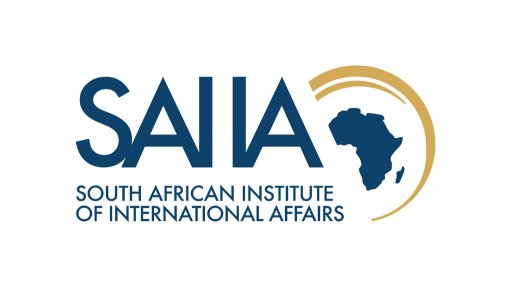
The 12th Summit of the G20 will take place on 7-8 July in Hamburg, representing the culmination of the German presidency of 2017.
As expected the German government ran an effective presidency giving substance to the guiding theme, ‘Shaping an Interconnected World’ and building consensus under leading topics of ‘building resilience’, ‘improving sustainability’ and ‘assuming responsibility’.
Africa currently only has one member state in the G20, South Africa, but there has been significant focus on the continent during the German G20 Presidency with two specific, inter-connected initiatives emerging on Africa. The one is the Compact with Africa (CwA) and the other is the Marshall Plan for Africa. The first is an initiative of the German Finance Ministry, which chairs the finance track of the G20 this year, while the second, crafted within its Development Ministry, is intended as a bilateral initiative between Germany and Africa.
Cote d’Ivoire, Morocco, Rwanda, Senegal and Tunisia signed up to the CwA at the meeting of G20 finance ministers in March, while Ghana and Ethiopia signalled their intention to do so at the G20 Africa conference in Berlin in June.
The focus on Africa for Germany has its roots in the migration crisis it has faced since 2014 and a recognition that the flow of migrants will not be stemmed by closing borders but rather by addressing the root causes, namely instability and weak economic opportunities in originating countries.
The CwA and the Marshall Plan together aim to create a better environment for private sector participation in African economies and encourage sustainable investments by reducing the perceived risk foreign companies associate with investing in Africa.
The focus in Hamburg will, however, shift away from Africa, to pressing international concerns. Key amongst these is the impact of the United States’ Trump presidency on global processes and commitment to the liberal international trade order, which has its foundations in the Bretton Woods conference that took place in the wake of the Second World War.
Global leaders then agreed that to avoid future international crises, an interconnected and interdependent global economy could spur nations to collaborate rather than to compete. There was broad consensus that the protectionists measures introduced after the First World War and Great Depression were detrimental to individual states and that open and fair trade could allow for mutually beneficial development.
The pace of globalisation accelerated and alongside rapid technological advancement the world integrated and connected on an unprecedented scale. The creation of the G20 after the 2008 financial crisis was an attempt to address problems created by the unfettered movement of capital across the world, but it was never an attempt to erode Bretton Woods’ principles. Yet, rising global inequalities, an outcome of the form that globalisation and financialisation took, have helped spawn populism as a perceived antidote.
Many states are aware that more fairness and inclusiveness have to be pursued in the economic policy architecture. However, President Donald Trump is pursuing a protectionist agenda that may cause significant disruption, withdrawing from large international trade negotiations, rolling back agreed-to financial regulations like the Dodd-Frank Act, and pulling out of the Paris Climate Change Agreement.
If the 2017 NATO and G7 Summits are anything to go by, the prospect for greater disagreement between the US and the other leading nations is high.
The G20’s agenda has expanded from addressing the 2008 financial crisis to a forum where issues that affect global economic growth and prosperity are discussed alongside climate and sustainability concerns.
In Hamburg the leaders will talk about the resilience of the world economy, global trade, employment, financial markets and tax cooperation. Their discussions on sustainability will include climate change and energy, the 2030 Agenda, digitalisation, health and the empowerment of women. And when talking about taking responsibility, the agenda will focus on the causes of displacement of people, the partnership with Africa, how to combat terrorism and corruption, and cooperation in agriculture and food security.
Some have argued that the G20 agenda is too broad, veering from its founding objectives. However, having a broader agenda will allow Chancellor Angela Merkel to find areas of commonality with the US without remaining caught in the web of climate change and trade liberalisation.
And of course there are other actors that will try to use the G20 Summit to test their global influence, including the UK (soon to leave the EU) and the very young French President Emmanuel Macron, who provides a welcome foil to the populist President Trump.
In a similar style, Canadian Prime Minister Justin Trudeau will try and show what liberal global leadership can offer. But the absence of the Saudi King from the meeting should signal that in a time of extreme instability in the Middle East, the G20 needs to find common ground around solutions to the spiralling conflict there.
No doubt North Korean leader Kim Jong-un’s missile test this week will also feature as the summit brings together China, Japan, South Korea and the US – all with direct interests in the developments on the peninsula.
Shifting global power means that the G20 is the preeminent global body to help forge cooperation on global challenges. It will require skill from the Chancellor to secure positive outcomes given the personalities and the global context.
Written by Talitha Bertelsmann-Scott, the Head of the Economic Diplomacy Programme and Elizabeth Sidiropoulos is the Chief Executive of SAIIA.This article was first published with the Financial Mail.